With so much happening in the cannabis world, it can be hard to keep up.
This is why we’re launching The Bluntness Weekly Roundup, featuring the most important cannabis stories from around the globe.
If you feel these stories are important, please spread them around to keep everyone up to date.
By the way, it was a wildly historic week in cannabis, so let’s get right to it.
House Passes Historic Cannabis Legislation, But…
What Happened: Just two days after the UN voted to reschedule cannabis to a less restrictive category, the U.S. House of Representatives passed two significant pieces of cannabis legislation over the past week.
On Dec. 4, the House passed the MORE Act and then on Dec. 9 passed the Medical Marijuana Research Act (MMRA).
Why It’s Important:As the first cannabis legalization bill to make it to the floor of Congress, the MORE Act would essentially decriminalize cannabis at the federal level if it were to pass the Senate and become law. The MORE Act would also provide a means to give back to the people most affected by the tragic War on Drugs.
Meanwhile, if the MMRA were to become law, it would allow researchers in the U.S. access to quality cannabis. Currently, U.S. researchers are forced to supply their test cannabis only from the government’s official grow operation at the University of Mississippi, which means long wait times and poor quality.
The fact that either of these bills made it to the floor of Congress is a seemingly monumental step in the right direction.
Unfortunately, there is a giant, hairy 'but' here: Senate Majority Leader Mitch McConnell promises none of these bills will pass the Senate.
If you would like to see either of these bills pass, NORML makes it super easy to contact your elected officials.
Mexico Pushes Legalization Talks to 2021
What Happened: After repeated delays and extended deadlines, Mexico lawmakers are now planning to resume talks on adult-use cannabis legalization in February 2021, with a new deadline set for April 2021.
Why It’s Important: The cannabis world is watching Mexico closely because the country has the opportunity to create one of the most lucrative legal cannabis markets in the world.
If and when Mexican lawmakers finally reach an agreement, they still face the challenge of establishing a regulatory agency – according to the latest language of the bill – as well as determining all the necessary rules for cannabis businesses.
The process could potentially take years, according to MJBizDaily. Hopefully it moves faster than that!
Nebraska Senator Working on Adult-Use Cannabis Measure
What Happened: Nebraska Sen. Anna Wishart has revealed she is working on an adult-use cannabis ballot initiative for 2022, which she plans to introduce in January.
Why It’s Important: Sen. Wishart’s announcement comes just three months after Nebraska’s medical cannabis initiative was struck from 2020 ballots (and replaced with three gambling initiatives) after a ruling by the state’s Supreme Court. At the time, even the very idea of medical cannabis was vehemently attacked and demonized by Nebraska Governor Pete Ricketts, who is not a licensed physician, by the way.
While advocates in the state have not given up on medical cannabis efforts for 2022, Sen. Wishart’s work is encouraging for the people of Nebraska.
Mississippi Cannabis Trade Association Launched
What Happened:After Mississippi voters approved medical cannabis in Nov. 2020, the Mississippi Cannabis Trade Association (MCTA) has officially launched.
Why It’s Important: Because cannabis touches so many sectors, trade associations – or chambers of commerce – in the industry are both critical and deeply influential. These entities help unite and support stakeholders across the cannabis supply chain as well as ancillary businesses, regulators, lawmakers, and more.
If MCTA does a great job, the state’s medical cannabis industry will hopefully come together all the more seamlessly.
Canadian Consumers Turning to Illicit Market For Better Quality Cannabis
What Happened:According to a recent report by Ontario’s auditor general, 80 percent of cannabis sales in the province come from the black market because the quality is better than legal cannabis.
Why It’s Important: In a highly competitive industry that is over-regulated and over-taxed, cannabis operators do not have it easy. And when their black-market competitors seem to be thriving, what kind of message does that send to operators who strive to play by the rules?
This is also a significant issue for U.S. cannabis markets. Although preference toward the illicit market includes other factors as well, such as price and local bans on cannabis sales, perhaps the biggest takeaway here is that we need to ease up on regulations and allow these businesses to operate under a free-market model rather than strangling them.
Are you still missing out on The Bluntness newsletter? Sign Up today to stay in the loop.
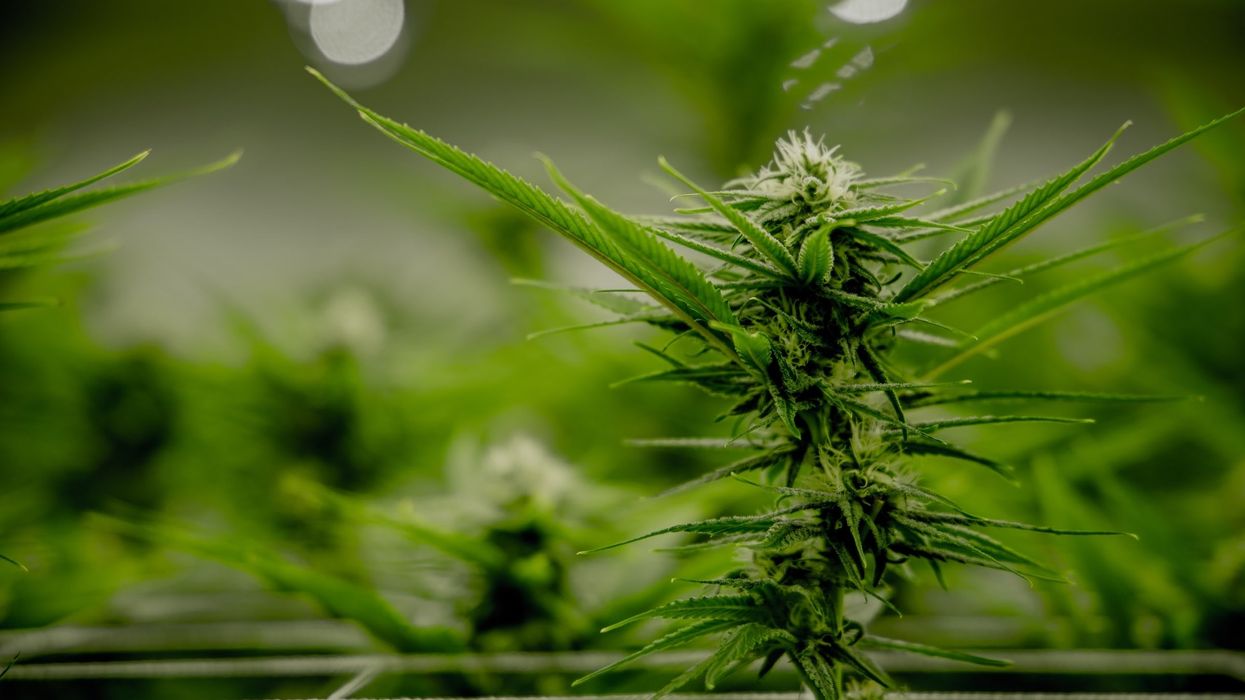





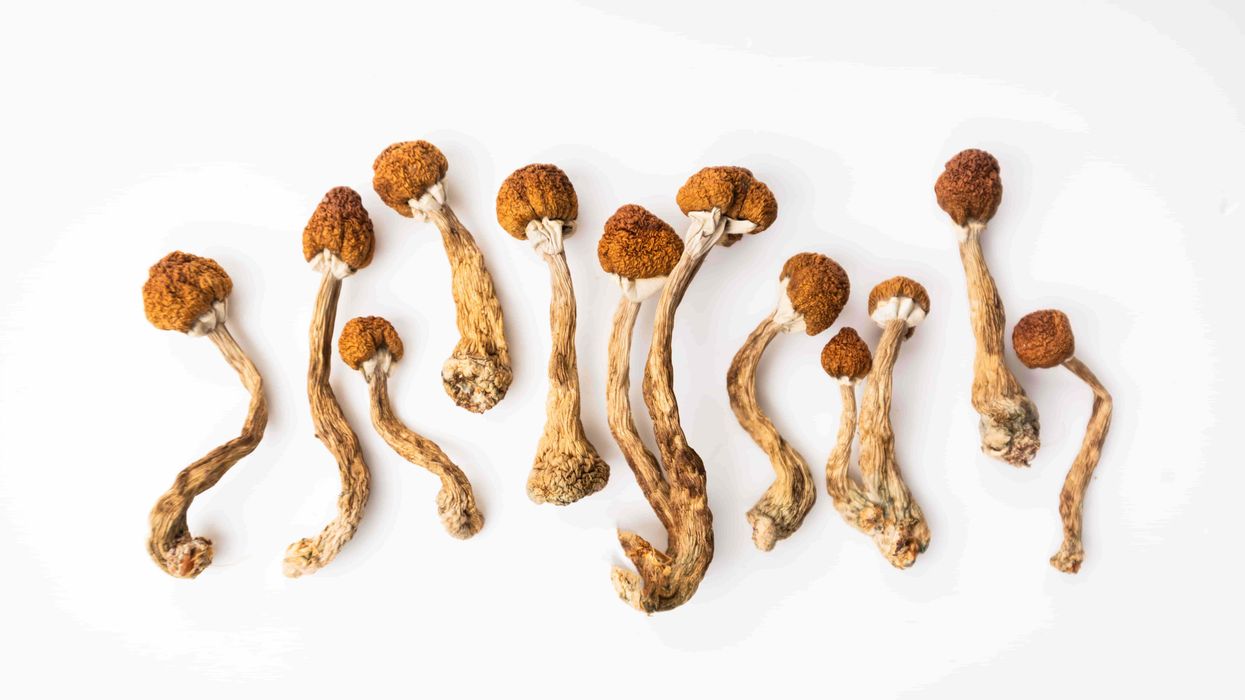








 How Long Does One Hit of Weed Stay in Your System
How Long Does One Hit of Weed Stay in Your System How Long Does One Hit of Weed Stay in Your System
How Long Does One Hit of Weed Stay in Your System How Long Does One Hit of Weed Stay in Your System
How Long Does One Hit of Weed Stay in Your System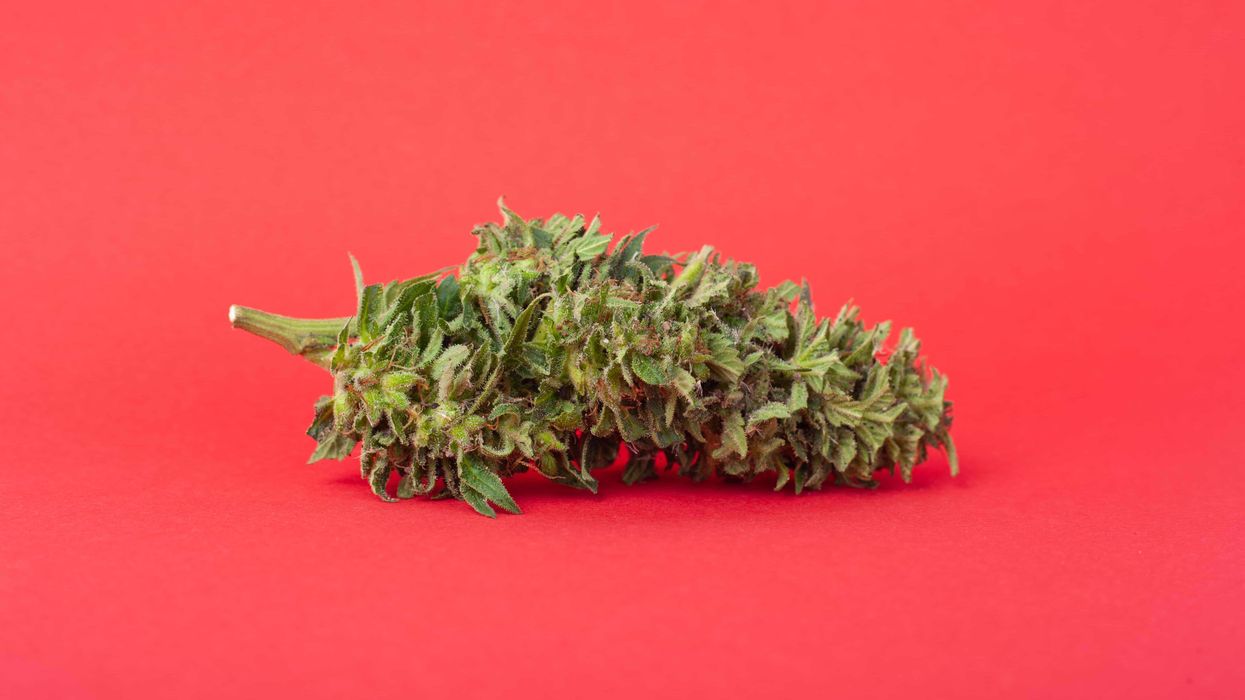
 Free Cannabis for Veterans and Those with Disabilities - The Bluntness
Photo by
Free Cannabis for Veterans and Those with Disabilities - The Bluntness
Photo by 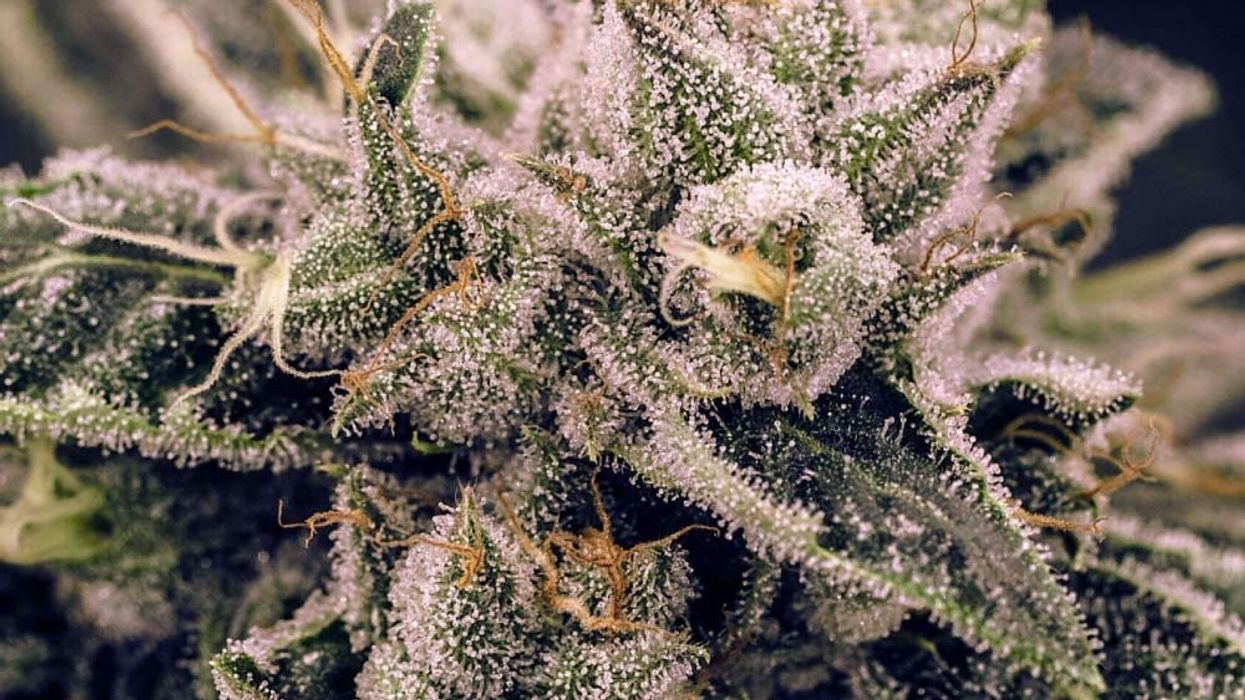
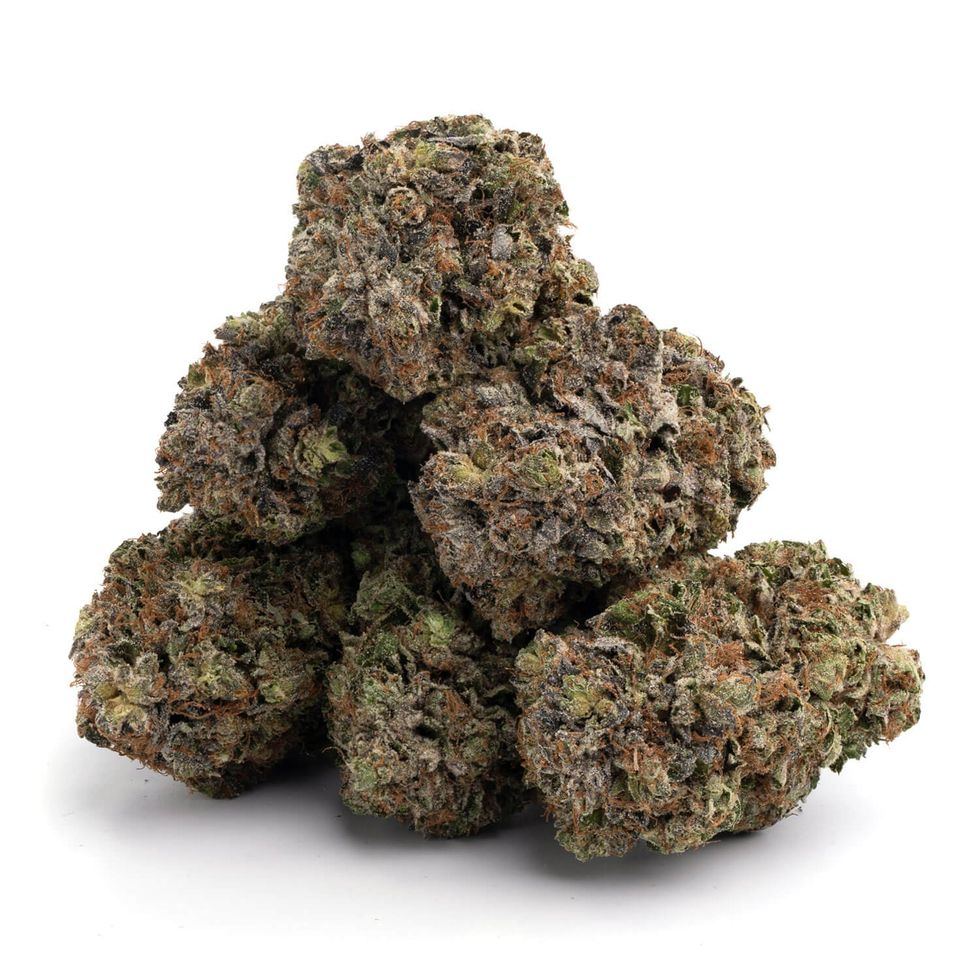 The Bluntness - Northern Lights Strain Review
The Bluntness - Northern Lights Strain Review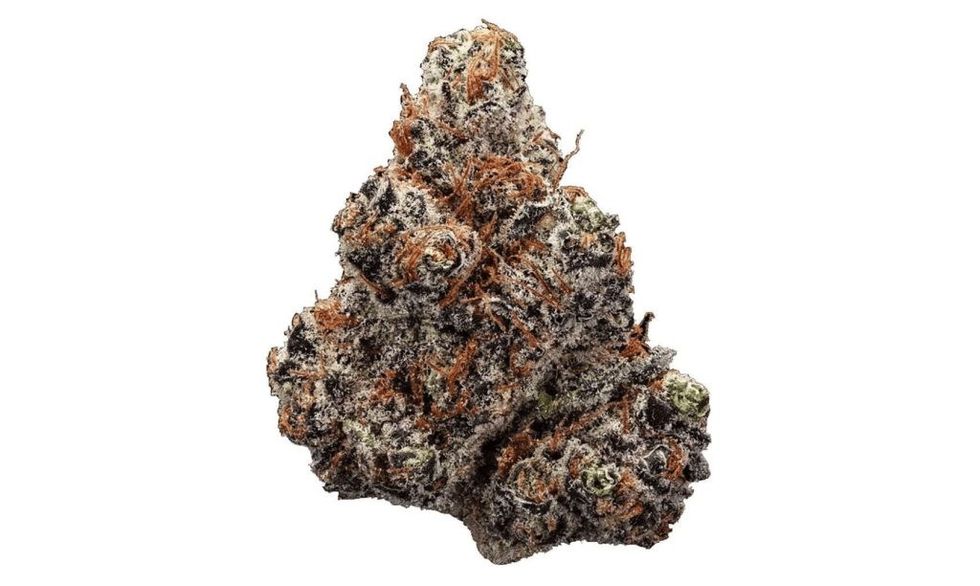 The Bluntness - Northern Lights Strain Review
The Bluntness - Northern Lights Strain Review